What is Don’t Pay UK?
Campaign hopes to encourage one million people to cancel their direct debits to energy providers
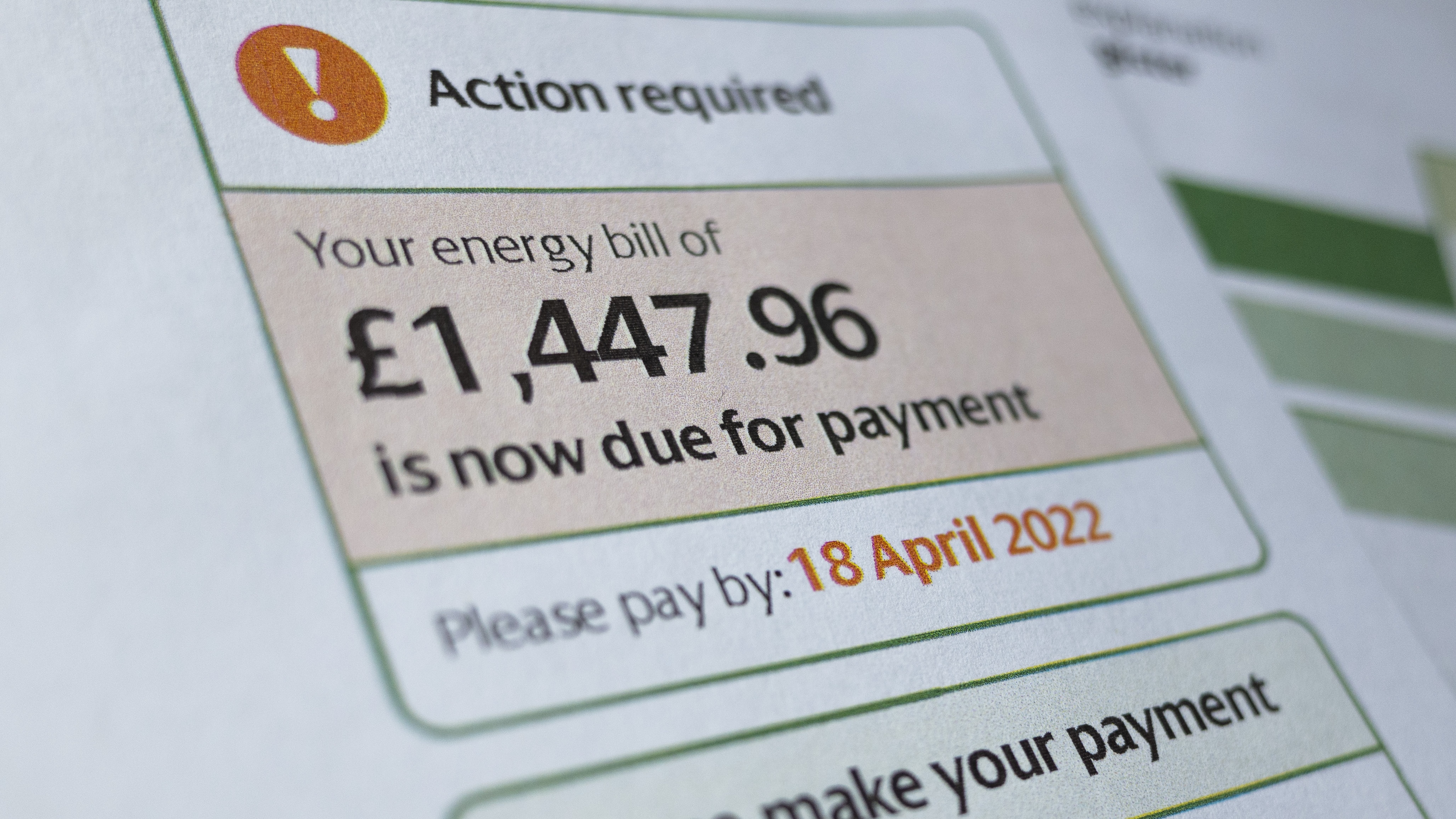
A free daily email with the biggest news stories of the day – and the best features from TheWeek.com
You are now subscribed
Your newsletter sign-up was successful
As rising energy bills become an increasing concern for millions of households, campaign group Don’t Pay UK is urging people across the UK to join its non-payment movement.
Gas and electricity bills are rocketing, with analysts estimating that the energy price cap could hit £4,266 a year by early next year.
Explaining its dire forecast, consultancy firm Cornwall Insight has cited the decision by regulator Ofgem to change the energy price cap every three months instead of every six months, as well as a higher wholesale prices.
The Week
Escape your echo chamber. Get the facts behind the news, plus analysis from multiple perspectives.

Sign up for The Week's Free Newsletters
From our morning news briefing to a weekly Good News Newsletter, get the best of The Week delivered directly to your inbox.
From our morning news briefing to a weekly Good News Newsletter, get the best of The Week delivered directly to your inbox.
The Don’t Pay UK campaign has gathered momentum in recent weeks, with the group claiming more than 80,000 people have pledged to cancel their debit payments to energy companies from 1 October.
What are the campaign’s aims?
The campaign group says it wants to hold energy firms accountable and is urging the government to bring down bills. It plans to force companies and the government to take action by proposing that households cancel payment of their energy bills.
The campaign group says it takes inspiration from the national Poll Tax payment strike of the late 1980s and 1990s when some 17 million people refused to pay the tax, which it says helped reverse some of its “harshest measures”.
The campaign hopes to encourage one million people to cancel their direct debits from 1 October, when Ofgem will once again raise the energy price cap.
A free daily email with the biggest news stories of the day – and the best features from TheWeek.com
How bad will it get?
Households are facing soaring energy prices, after wholesale gas prices started to rise in 2021. This increase was then compounded by the start of the Russia-Ukraine war.
The Ofgem price cap has increased 54% since April and is predicted to rise even further.
Fuel costs are one of the “main reasons” that UK inflation is “higher now than at any point in the past 40 years”, said This Is Money, leaving millions facing fuel poverty this winter.
Meanwhile, oil and energy companies such as BP have enjoyed “booming earnings in recent months” on the back of rising energy prices which has left households around the world struggling with rising costs, reported The Guardian.
Is refusing to pay bills a good idea?
Legal and financial experts have urged customers to think carefully before tearing up their contracts with energy providers, “warning that failing to pay their bills could see them cut off and leave their credit score in tatters”, said the iNews site.
Solicitor Gary Rycroft told the site that there was no “safety in numbers” and non-payment of energy bills could mean households are in “breach of their contract with the energy companies”.
Another legal expert, Paul Britton, told This Is Money that while the “best-case scenario” is that the protest “sparks a change in the law requiring energy firms to lower their prices”, the “worst-case scenario” could end with people having their energy supplies cut off as winter approaches.
Britton also warned that a county court judgment could be made against people who cancelled their direct debits, which could affect their credit rating, and that they may also incur extra costs, such as the legal fees for the energy firm.
-
 Switzerland could vote to cap its population
Switzerland could vote to cap its populationUnder the Radar Swiss People’s Party proposes referendum on radical anti-immigration measure to limit residents to 10 million
-
 Political cartoons for February 15
Political cartoons for February 15Cartoons Sunday's political cartoons include political ventriloquism, Europe in the middle, and more
-
 The broken water companies failing England and Wales
The broken water companies failing England and WalesExplainer With rising bills, deteriorating river health and a lack of investment, regulators face an uphill battle to stabilise the industry
-
 Energy prices set to rise in October – how to reduce your gas and electricity bill
Energy prices set to rise in October – how to reduce your gas and electricity billThe Explainer With the price cap expected to rise before this winter, what is the best way to prepare, and lower costs?
-
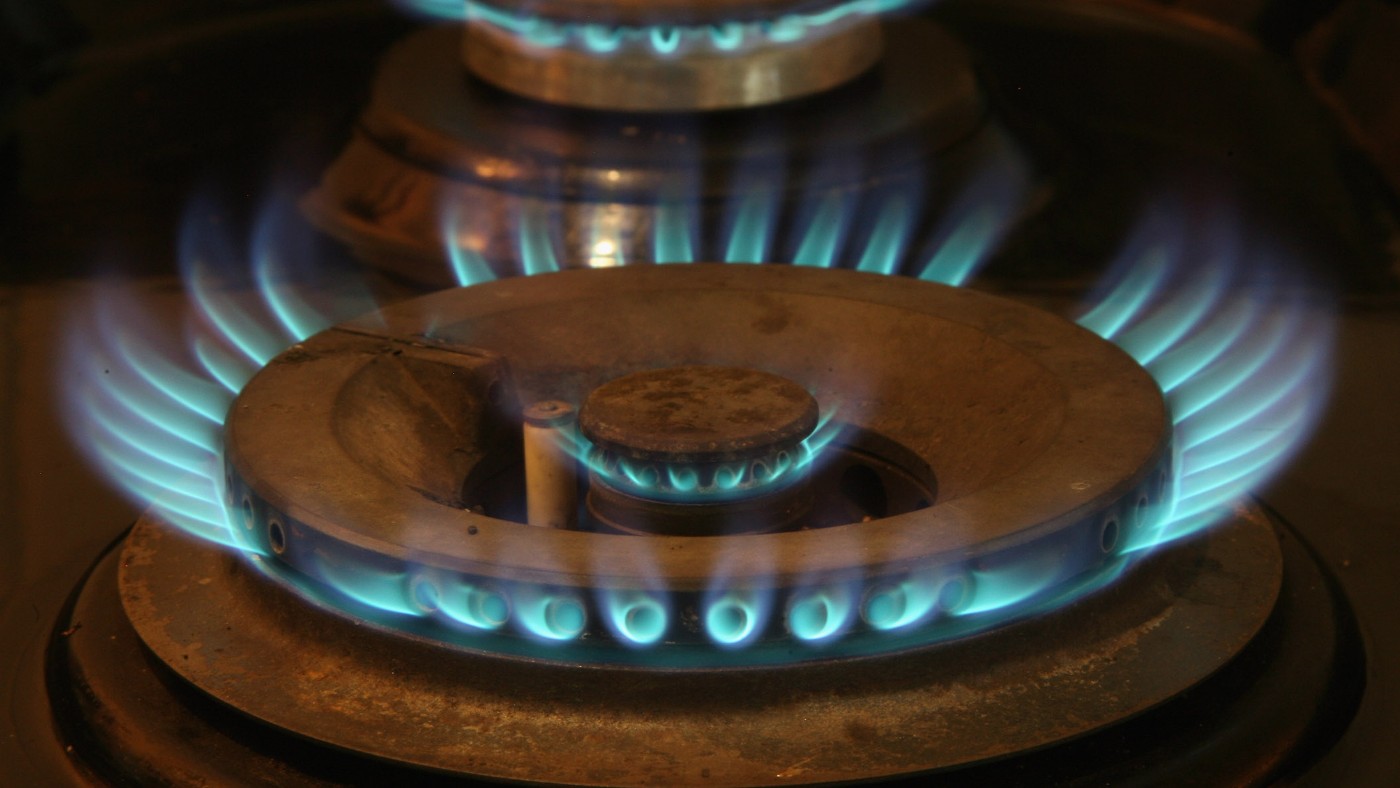 Should the Ofgem energy price cap be scrapped?
Should the Ofgem energy price cap be scrapped?Today's Big Question Poorer households may end up paying more this winter despite cap being lowered from October
-
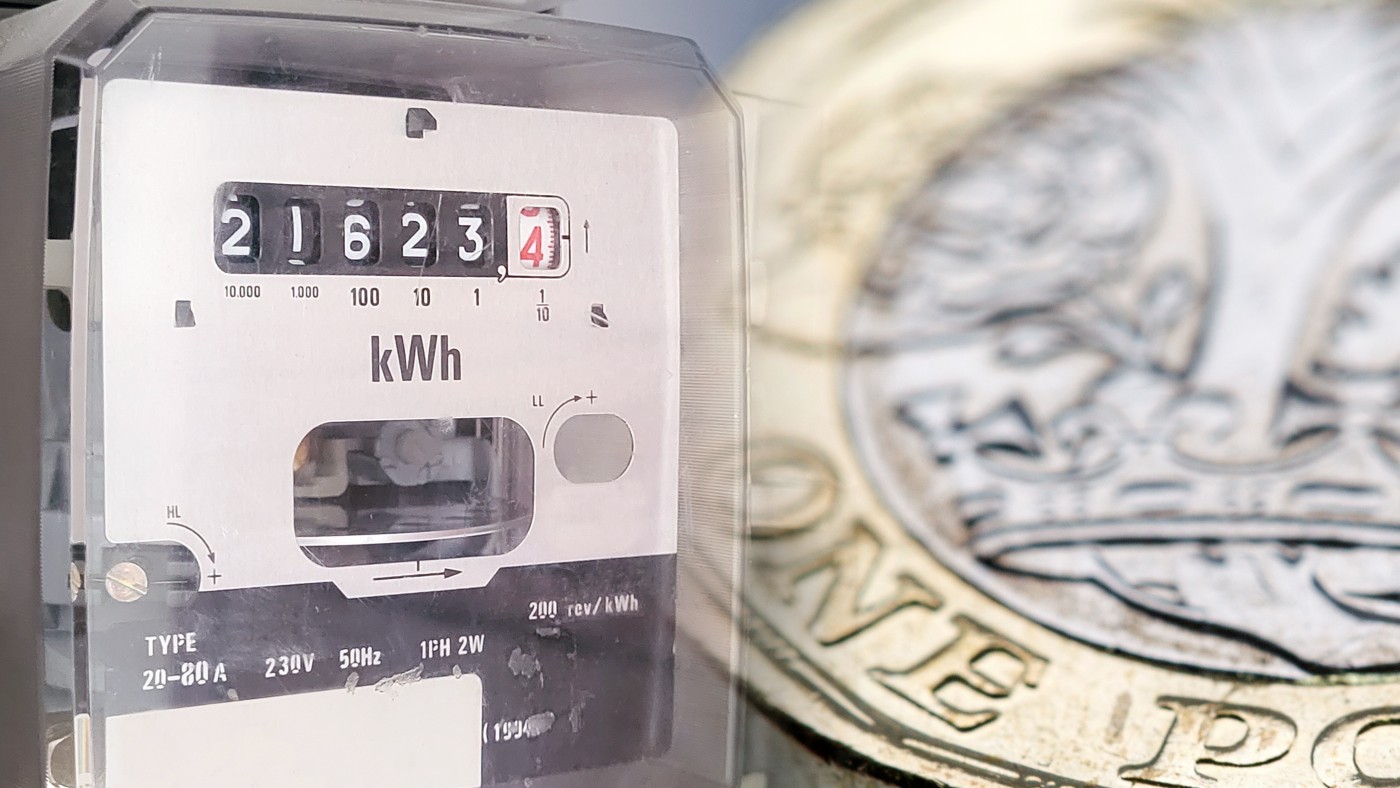 Cost of living: will fall in energy price cap make a difference?
Cost of living: will fall in energy price cap make a difference?In Depth Limit on what providers can charge falls but consumers are warned they will see ‘little relief’
-
 What is the cheapest way to cook?
What is the cheapest way to cook?feature Air fryers, microwaves and slow cookers can all save you money over conventional ovens
-
 Is it cheaper to work from home or at the office?
Is it cheaper to work from home or at the office?Talking Point Commuting costs may wipe out savings made from lower domestic energy bills
-
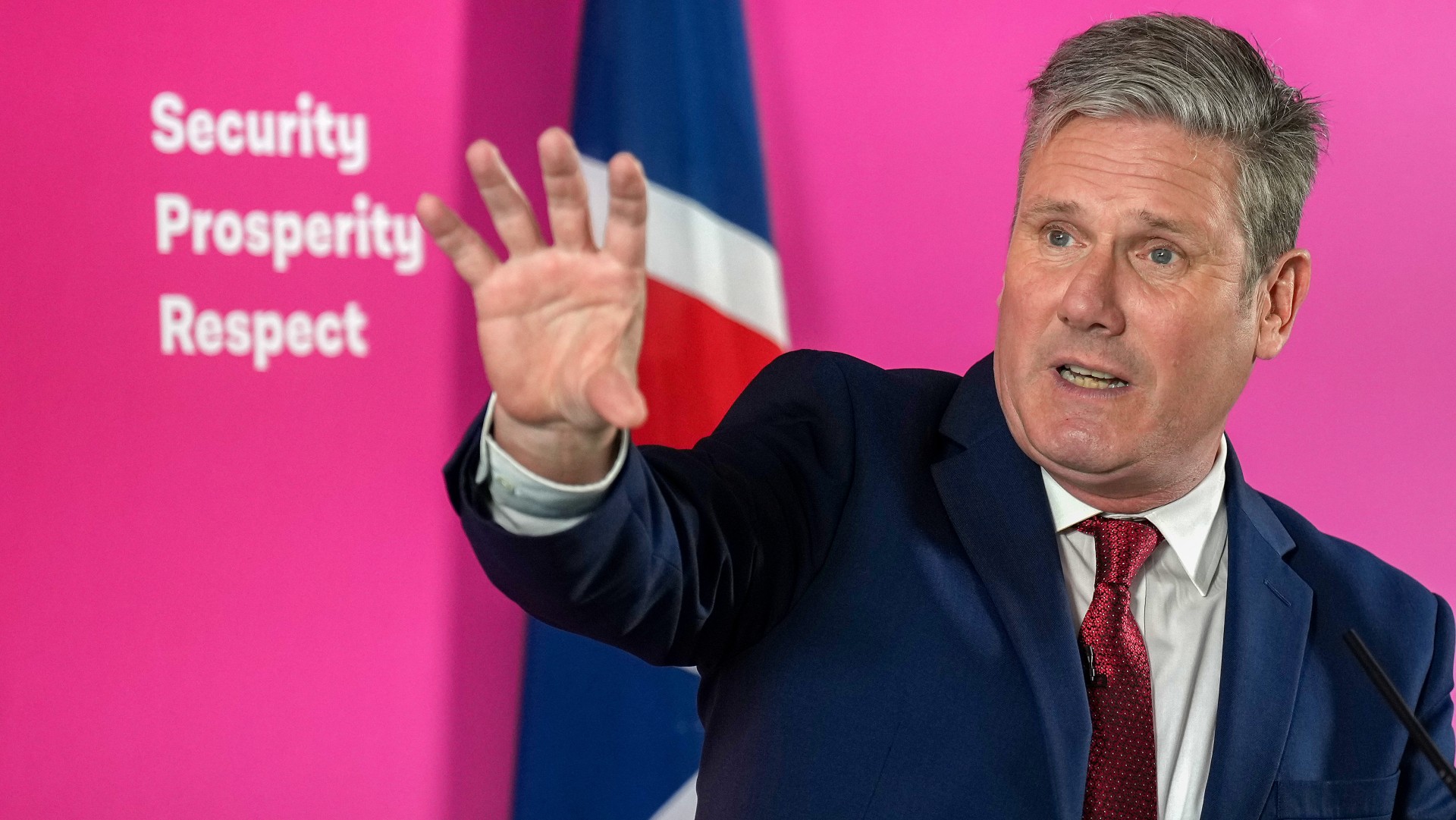 Could Labour solve the cost-of-living crisis?
Could Labour solve the cost-of-living crisis?Today's Big Question Keir Starmer unveils £29bn plan to freeze energy price cap
-
 Cost-of-living crisis: is the UK over the worst of it?
Cost-of-living crisis: is the UK over the worst of it?Today's Big Question Inflation data showing sharp falls in price rises will bring ‘sighs of relief in government’, but food prices may not ever come back down
-
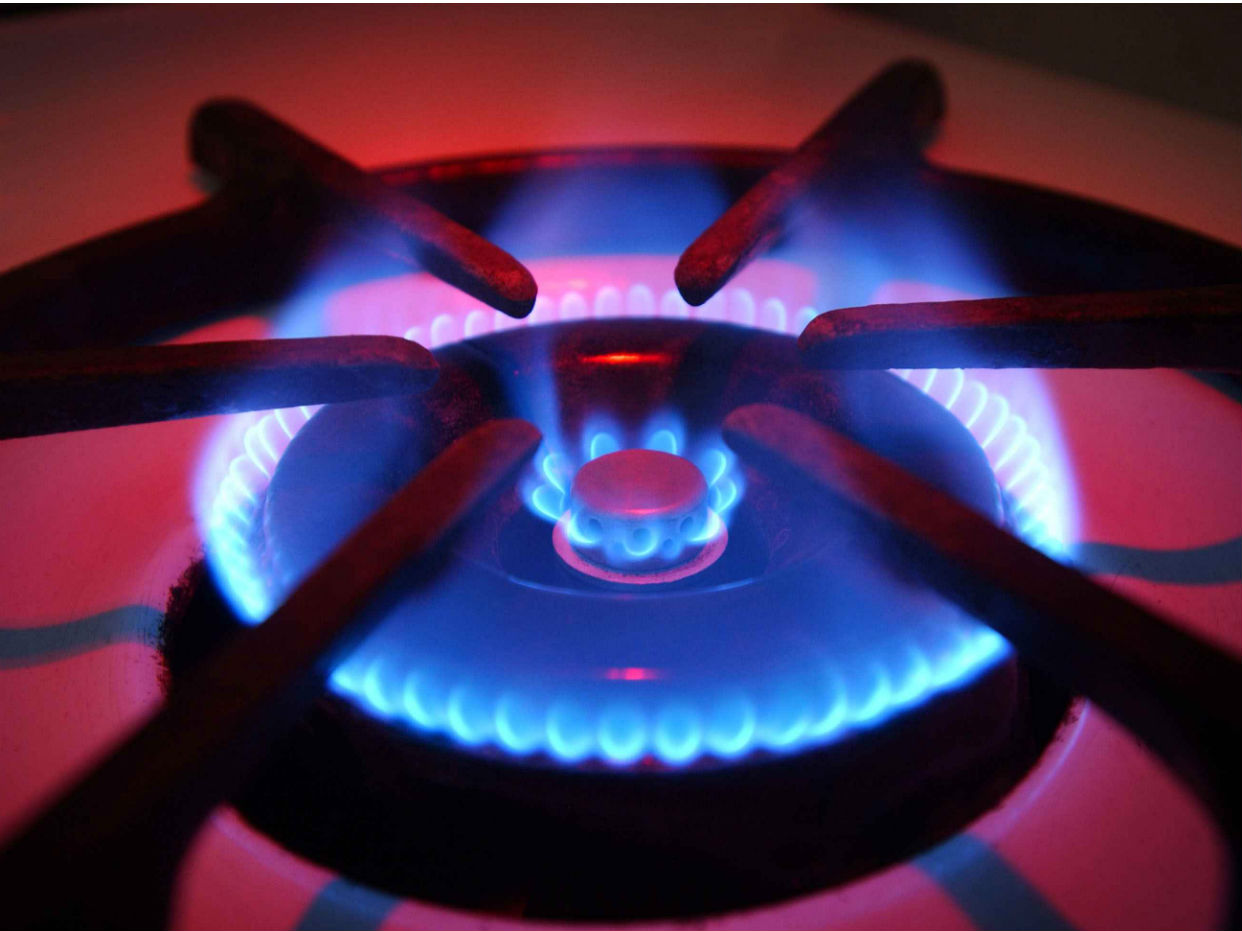 Tackling energy bills: what the pundits say
Tackling energy bills: what the pundits sayfeature Price shock, easing the blow and self-help